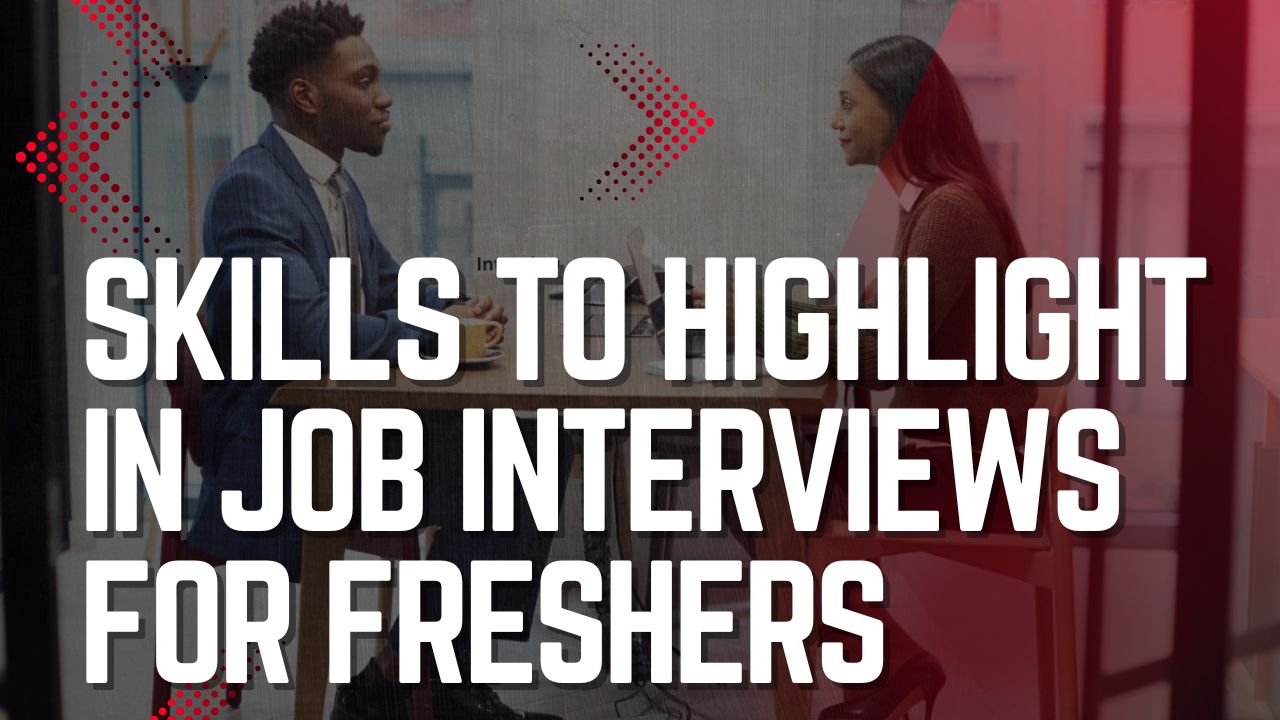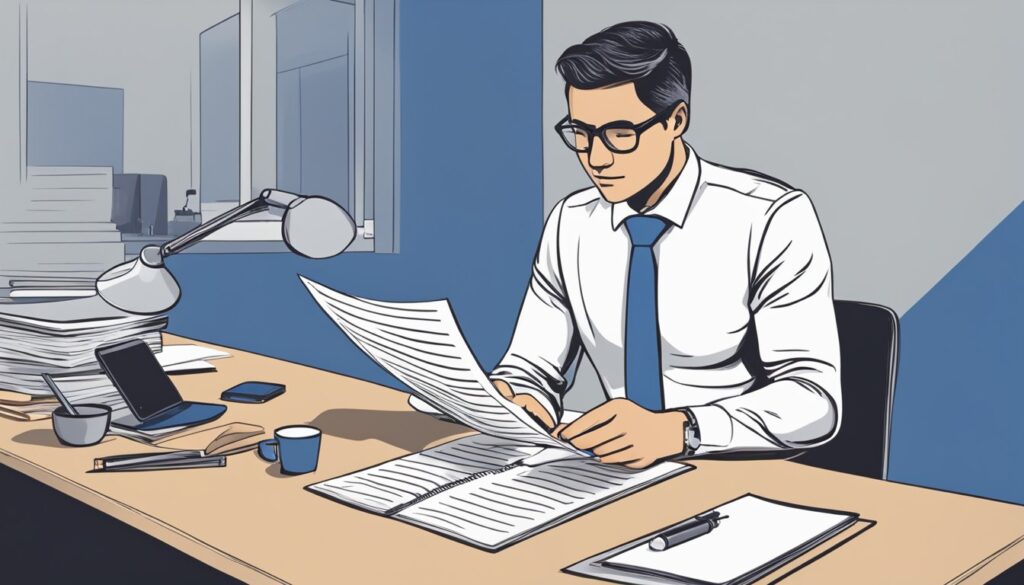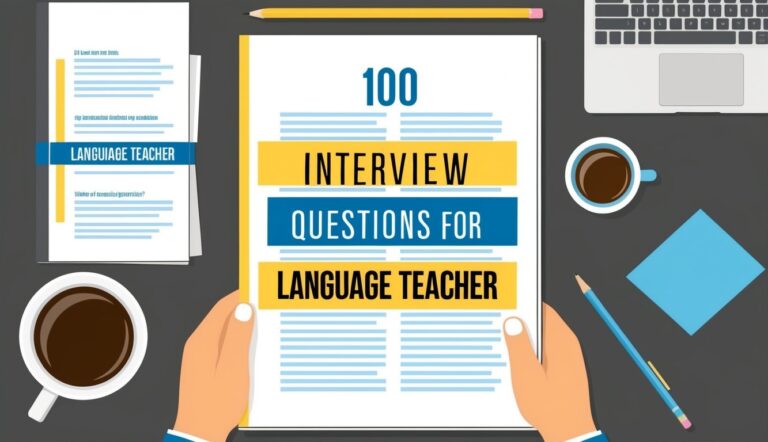Essential Skills to Highlight in Job Interviews for Freshers: Sample Interview Questions

Starting your career can be exciting but also a bit challenging, especially when preparing for job interviews. As a fresher, you may wonder which skills to highlight to impress potential employers. Employers look for skills like communication, teamwork, and problem-solving in freshers.

Knowing what interviewers are looking for can make a big difference. You might face questions about your career goals and how you handle challenges. Practicing answers with specific examples can help you feel more prepared and confident during interviews.
Understanding the essential skills and preparing well for common questions can set you on the path to success. Being clear about your abilities and how they match the job requirements can leave a strong impression on employers.
Understanding the Job Interview Process

Job interviews can be a bit daunting, especially for freshers. Knowing the process helps you prepare better. Typically, you’ll face questions that test your skills and personality.
Research the Company
Before going for an interview, it’s vital to know about the company. Look for details on their website and social media. This shows the hiring managers you care and helps you align your answers with the company culture.
Focus on Hiring Managers
During interviews, pay attention to the hiring managers. They are looking for someone who matches the job description and team dynamic. Answer questions clearly and showcase your best skills. This creates a positive impression.
Sample Questions to Expect
- “Why do you want to work here?”
- “What are your strengths and weaknesses?”
- “Describe a challenge you faced and how you dealt with it.”
Prepare thoughtful answers for questions like these to boost your confidence.
Practical Tips and Techniques for Job Interview
Mastering job interviews involves attention to your professional image, resume, time management, and communication skills. These practical tips offer guidance on navigating tough scenarios, asking the right questions, and making use of your social media presence effectively.
Cultivating a Professional Image
First impressions count. Dress appropriately for the role you’re applying to, as it shows respect and understanding of the company’s culture. Make sure your body language is confident. Maintain eye contact, offer a firm handshake, and sit up straight. Being well-groomed and having a friendly disposition can create a positive image in the interviewer’s mind.
The Importance of a Professional Resume
Your resume is your first opportunity to make an impression. Keep it clear and concise. List relevant experiences and skills that match the job description. Use bullet points to make it easier to read. Provide accurate contact details and check for any errors. Consider using standard fonts and avoid colorful designs unless you’re in a creative field.
Time Management during the Interview
Arrive 10-15 minutes early to show punctuality. This gives you time to settle and calm your nerves. Answer questions thoughtfully and avoid rushing. Practice mock interviews to manage your duration effectively. Keep an eye on the interviewer’s cues to determine if you’re being too verbose or too brief. Managing your time well shows consideration for the interviewer’s schedule.
Tackling Tough Interview Scenarios
Prepare for common tricky questions like, “What is your biggest weakness?” Turn weaknesses into strengths by mentioning steps you are taking to improve. Stay calm and collected, maintaining a positive tone. Listen carefully to what is asked, and take your time to respond thoughtfully. Problem-solving skills can shine here, showcasing your ability to handle pressure.
Questions for the Interviewer
Prepare insightful questions to ask the interviewer. Asking about team dynamics, company culture, or growth opportunities shows genuine interest. Inquire about challenges the company faces and how your role can contribute. This gives you a better view of the company’s expectations and conveys your enthusiasm and readiness to potential employers.
Leveraging Social Media Profiles
Maintain professional social media profiles, especially on LinkedIn. Post updates relevant to your industry. Connect with professionals and engage in discussions. Ensure there is no inappropriate content visible to potential employers. Your online presence speaks volumes about your interests and professionalism, so manage it carefully to enhance your image.
Assessing Interview Performance
After the interview, reflect on what went well and what could be improved. Consider the questions you found challenging and think about better responses. Solicit feedback if possible for an outsider’s perspective. This self-assessment helps you prepare better for future interviews, enhancing your skills and confidence in presenting yourself effectively.
Self-Presentation Strategies

When preparing for a job interview, you’ll need to focus on self-presentation skills. These skills help you communicate your value effectively. Key components include crafting a compelling personal story, promoting your skills with confidence, and managing any nervousness.
Crafting Your Story
Sharing your story is crucial in an interview. Start with a brief introduction of yourself. Include your background, education, and any relevant experiences. Showcase your achievements to stand out.
Tell Me About Yourself: This common interview question is your chance to shine. Highlight key skills and experiences that relate to the job. Tip: Structure your story in a clear sequence. Use the past, present, future format—past experiences, current role, future goals. This helps create a comprehensive view of who you are.
The Art of Selling Yourself
Your ability to present yourself is essential. Focus on what makes you a strong candidate. Explain your skills and how they match the job’s requirements. Use specific examples to back up your claims. This demonstrates self-awareness and confidence.
Build a list of your top skills and experiences. Confidence is the key. Use positive body language and maintain eye contact. This shows that you believe in your abilities.
Tip: Practice your responses to common questions ahead of time. This helps you sound more prepared and assured.
Handling Nervousness
Feeling nervous during an interview is normal. Preparation and practice can reduce anxiety. Practice answering questions aloud. Consider mock interviews with friends or mentors. This builds familiarity and eases tension.
Use relaxation techniques to stay calm. Deep breathing and visualization can help. Picture a successful interview.
Tip: Be self-aware and acknowledge your nervousness. This makes it easier to manage. Remember, showing a little nerves can make you seem more genuine. Stay focused on your strengths and what you bring to the table.
Highlighting Key Skills

In job interviews, demonstrating key skills can set you apart. You’ll want to focus on soft skills like communication and teamwork, as well as hard skills that show your technical ability.
Soft Skills that Make an Impact
Soft skills are crucial for any role. Employers value how well you can communicate and work within a team. Communication skills ensure you can convey your thoughts clearly and listen actively. Good teamwork means collaborating effectively with colleagues and contributing to group projects.
Problem-solving skills are also important. They show you can handle challenges and find solutions. Highlight times when you led a team or resolved a conflict. It demonstrates both leadership skills and adaptability.
Practice common questions about these skills. Think about past situations where you used them. Have clear examples ready to discuss in the interview. Adapt your examples for different contexts to show flexibility.
Showcasing Technical Expertise and Hard Skills
Hard skills include technical abilities learned through education or training. These might be programming skills, data analysis, or proficiency in software relevant to the job.
Highlight what you know by discussing relevant projects or certifications. Provide specific examples of work where these skills were applied. It helps to bring evidence, like a portfolio or past achievements, to bolster your claims.
Know the tools and technologies used by the company. It’s even better if you have experience with similar systems. Practice explaining your skills clearly. Avoid jargon and focus on how your abilities can benefit the company.
Navigating Common Interview Questions
Job interviews can be challenging, especially for freshers. It’s important to address different types of questions confidently. This involves understanding behavioral queries, discussing past experiences, and honestly assessing your strengths and weaknesses.
Responding to Behavioral Questions
Behavioral questions often begin with phrases like “Tell me about a time when…” or “Give an example of…”. These questions help employers see how you’ve handled situations in the past.
Example Question: “Tell me about a time you faced a challenge at work.”
Prepare stories from your experiences that highlight problem-solving, teamwork, and leadership.
Discussing Your Professional Experience
Even as a fresher, you have valuable experiences to share. Focus on internships, volunteer work, and academic projects. Highlight any achievements that demonstrate relevant skills.
Example Question: “Can you describe your experience with project management?”
Sample Answer: “During my final year project, I led a group of five peers. We used online tools to schedule tasks and share files, completing our project on time with praise for efficiency.”
Use specific examples to show your involvement and contributions. Be honest about your role and what you learned.
Addressing Your Strengths and Weaknesses
Discussing strengths and weaknesses needs self-awareness. Be truthful and strategic. Your strengths should align with the job role.
Example Question: “What is your greatest strength?”
Sample Answer: “My greatest strength is my adaptability. I am able to adjust quickly to changing environments, which helps me tackle new challenges efficiently.”
For weaknesses, mention an area you’re improving.
Example: “I sometimes focus too much on details, but I’m learning to balance that by setting clearer priorities.”
Frequently Asked Questions
In job interviews, highlighting essential skills helps you stand out. You’ll need to show how your skills can benefit the company, and share your plans to keep improving.
Can you describe some skills that you think are essential for this position?
You should talk about skills like communication, teamwork, and problem-solving. Explain your ability to adapt and learn quickly. Be ready to match your skills with what the job requires.
How would you apply your technical skills to succeed in this role?
Detail specific technical skills such as coding, data analysis, or software knowledge. Describe how you have used these skills in previous projects or courses. Mention any certifications that strengthen your background.
What skills do you possess that make you a strong candidate for this job?
Highlight strengths that make you unique. Think about leadership skills, creativity, or attention to detail. Use examples from your experience to show these attributes.
How do you plan to continue developing your professional skills after being hired?
Discuss your commitment to learning, like taking courses or attending workshops. Mention any plans to gain new certifications or skills that could benefit your career and the company.
In what ways have your academic or extracurricular experiences prepared you for this role?
Point out relevant coursework and projects. Talk about clubs or organizations where you held leadership roles. Explain how these experiences gave you practical skills and prepared you for real-world challenges.






